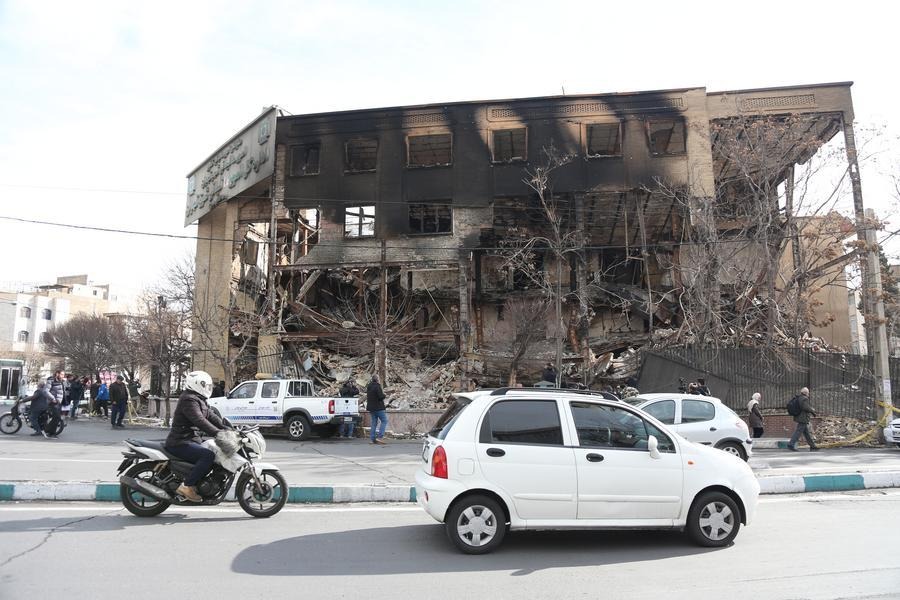Nyingchi - discovering a different side of Tibet


In my early schooldays, travel to far and away places was just an impossible dream. Illustrations, often monochrome or sepia, on the pages of geographical magazines were an inspiration to write essays around exotic and ambitious journeys. Tibet was one such hope as I poured over photographs of the Potala Palace, the crowded narrow market streets around Jokhang Temple at Barkhor Square, and Himalayan peaks such as Qomolangma, known as Mount Everest in the West. I mentally retained these images of the “Roof of the World”, but it would be many years before my dream was fulfilled. Despite visiting Yunnan and Qinghai in the 1990s, Tibet always felt so near, yet so far.
Finally reaching reaching Lhasa in 2000, I went on to discover a location so different from my stereotyped preconceptions. Highly scenic Nyingchi, literally “throne of the sun”, covers much of southeastern Tibet. With comparisons to Switzerland, there is little physical or even human resemblance to the vast empty grasslands, high-altitude semidesert plateaus or the crowd-pulling monasteries.
Nyingchi is within a long but relatively narrow range of the world’s highest mountains stretching right across Tibet’s southern edge into neighboring Yunnan and Sichuan provinces. Earth forces, plate tectonics, are responsible for this landscape. Over countless geological eras the surface of our planet has been slowly moving, almost imperceptibly -- except when there are earthquakes. The plate holding today’s Indian subcontinent has edged gradually northwards with incredible force, pushing up a former seabed to form the Himalayas. At over 5,000 meters on the slopes leading toward Qomolangma, I remember being shown locally discovered sea creature fossils! Glaciers and rivers subsequently eroded down through the uplift, creating the valleys and canyons that we hold in such awe.
Although boasting many snow mountains reaching up to 7,782 meters, such as Namjagbarwa, Nyingchi’s valleys are generally much lower than the vast Qinghai-Tibet Plateau, dropping ultimately to 900 meters. Influenced by seasonal monsoon air masses moving up from southern Asia, Nyingchi is generally humid and warmer with noticeable summer precipitation. Below the snow line, slopes are green with dense forests rich in biodiversity, while a multitude of agricultural colors, including yellow rapeseed flowers, spread across lower lying areas alongside azalea-filled meadows and colorful peach blossoms in the spring.


































